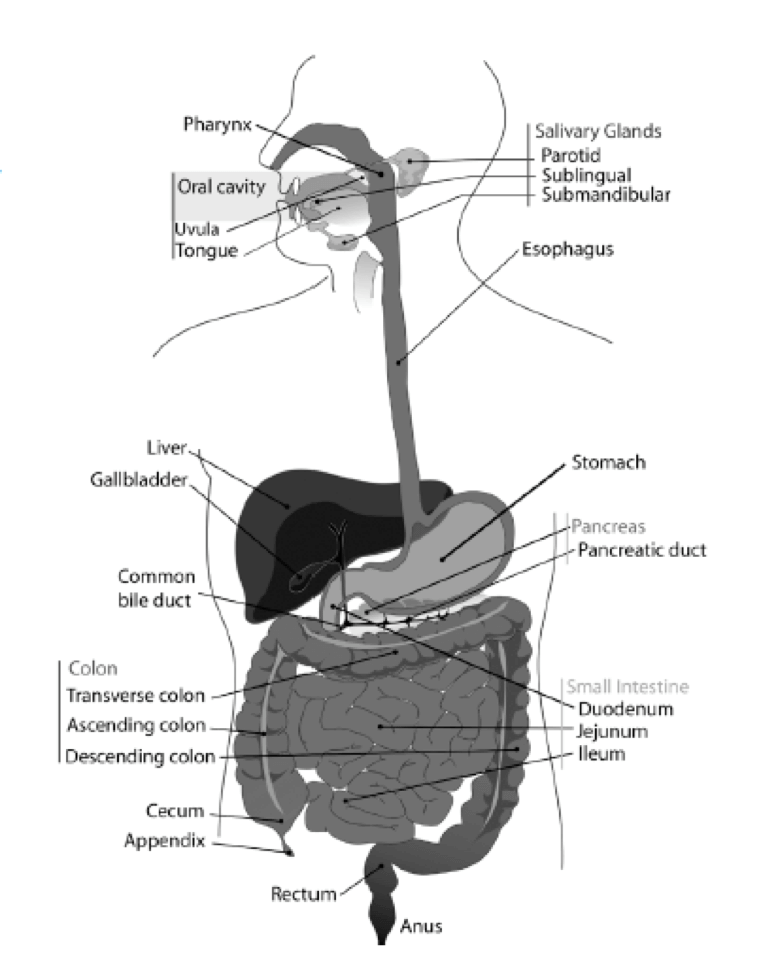When Food Turns Toxic
By Jon Benson

Are you enjoying a seemingly healthy diet, yet suffer from poor skin, a lack of energy and constant fatigue? Do you still feel full four to five hours after a normal-size meal? It may be that your gut is leaking. Literally.
Leaky Gut Syndrome (LGS), often referred to as intestinal permeability, is a far more common digestive disorder than most doctors and medical professionals realize. While there are several theories about the cause, if left untreated LGS can be a serious or even life-threatening health risk.
What we do know is that irritation or damage to the intestinal wall can cause porous spaces to open up. Toxins and bacteria will then seep through and enter the bloodstream. This leads to a literal poisoning of the body.
Let’s take a quick look at LGS, the function of the GI tract, and some natural means of restoring a healthy gut.
A healthy GI tract is responsible for the digestion of food and the absorption of these small digestive particles into energy your body uses to function. Carrier proteins carry nutrients (vitamins and minerals) to your bloodstream. From there, your body is literally fed the raw materials of life. Here is a modern twist on an old saying: You are not what you eat – you are what you digest and absorb.
LGS can shut down the digestive process at the source and create a moderate to severe state of malnutrition in the process. It also interferes with the detoxification pathways that line your gut.
Often the result is the onset of chemical sensitivities. These sensitivities can lead to various allergic reactions, illness and in rare cases death. The cascade of toxins also taxes the liver to the point that it can no longer filter normally benign substances.
So, what causes LGS? While researchers are not quite sure of the exact cause, they have some theories:
- The use of antibiotics and NSAIDs (such as ibuprofen)
- Excessive carbohydrate consumption
- Digestive enzyme deficiencies
GI Tract Tips

What can you do to help restore a healthy GI tract and reverse LGS? As always, seek a doctor’s advice to ensure your condition is in fact LGS. Once that diagnosis is confirmed, ask your physician about starting a healthy gut dietary protocol.
This involves the removal of all gluten-based foods (wheat, barley, rye and others), refined sugars, high-fat foods such as red meat, bacon and oils, and all caffeine and alcohol. This protocol should be followed for at least 21 days.
Along with this dietary protocol, talk to your doctor about the following healthy gut supplementation program. I developed this from various studies on supplemental nutrients for help with intestinal permeability.
L-Glutamine (5 to 20 grams per day). L-Glutamine is an amino acid that greatly aids stomach and digestive repair.
Fish oil (2 to 4 grams per day). Fish oil’s benefits range from heart health to restoring proper digestive function.
Natural digestive enzymes. Plant and/or animal-based digestive enzymes can help relieve the burden on the pancreas and restore normal GI function.
LGS can be reversed over time. If food allergies are present, a normal diet can often be resumed once “offending foods” are eliminated or reduced. In many cases, these foods are common allergens such as gluten-based grains, corn and excessive refined sugar. However, a blood test for food allergies is recommended to ensure your long-term diet is a gut-friendly one.
FREE Report
101 Ways Enzymes Can Help You End Joint Pain, Stop Disease and Live Longer!

Most Popular Posts

7 Easy Ways to Sleep Like a Bear
With the shorter days and longer nights of winter, you’d...
[Read More…]
Top 8 Natural Headache Relief Remedies
If you suffer from chronic headaches, you’re not alone. Chronic...
[Read More…]